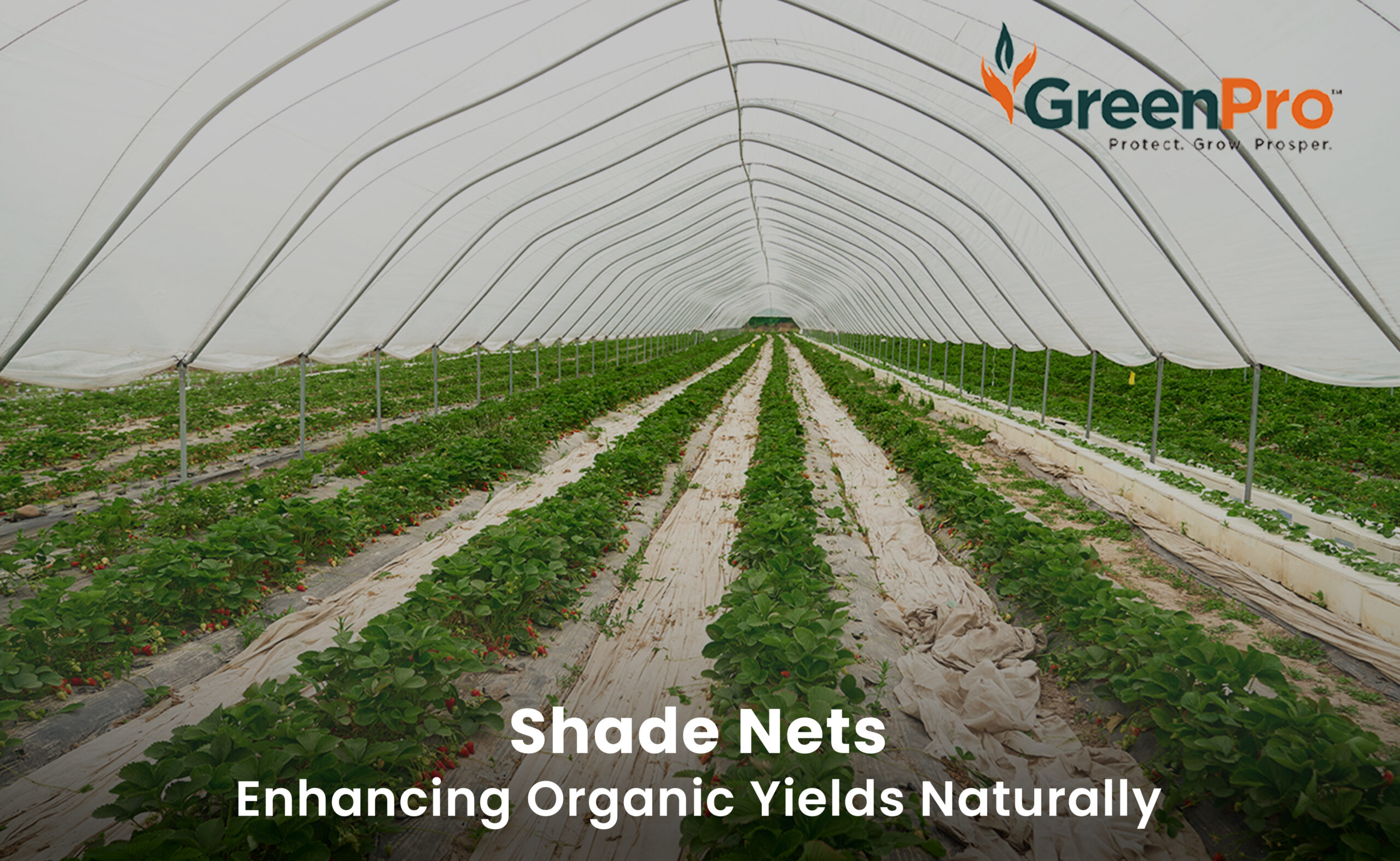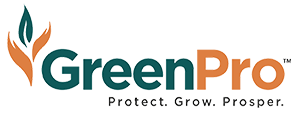How Shade Nets Can Reduce Pesticide Use and Promote Organic Farming

The growing demand for healthy and sustainable food is driving farmers to adopt organic farming practices. Organic farming aims to grow crops naturally, without the use of synthetic chemicals or genetically modified organisms (GMOs). While this shift is essential for environmental conservation and human health, it also presents challenges such as managing pests and maintaining optimal growing conditions for crops.One powerful tool that is helping farmers overcome these challenges is Shade Net.
Shade net, made from lightweight polyethylene materials, are designed to offer protection from extreme weather, pests, and excessive sunlight. However, beyond their traditional role in regulating temperature and light, shade nets also reduce the need for chemical pesticides, making them an integral part of organic farming.
The Role of Shade Net in Modern Farming
Shade nets have long been used to provide a controlled environment for crops. By regulating light intensity, temperature, and humidity, these nets ensure optimal growing conditions for a wide range of crops, from fruits and vegetables to flowers and herbs. But what many may not realize is that shade nets are increasingly being recognized as a natural pest control method, reducing the dependency on harmful pesticides.
Natural Pest Control
Pest control is one of the biggest hurdles in organic farming. Conventional farming methods typically rely on chemical pesticides to combat pests, but these chemicals can harm soil health, water resources, and biodiversity, not to mention the harmful residues they leave on food. Shade nets act as a physical barrier that prevents pests such as aphids, whiteflies, and moths from reaching the crops.
By blocking out these pests, farmers can significantly reduce the use of pesticides. Studies have shown that farms using shade nets experience a marked reduction in pest infestation, which not only lowers pesticide use but also minimizes the risk of contaminating the soil and water with harmful chemicals. This means that organic farmers can grow healthier crops with fewer inputs, making organic farming more sustainable and environmentally friendly.
Promoting Beneficial Insects
Another critical aspect of shade net is their ability to create a balanced ecosystem by allowing beneficial insects, like pollinators and natural predators of harmful pests, to thrive. These natural predators, such as ladybugs and spiders, help keep pest populations in check without the need for chemical interventions.
Moreover, shade nets allow bees and other pollinators to enter and facilitate crop pollination, which is essential for the growth of fruits and vegetables. By encouraging a balanced ecosystem, farmers can reduce their reliance on synthetic pest control methods and improve crop yield in a natural way.
Benefits of Shade Net for Organic Farming
- Reduction in Pesticide Use: As mentioned earlier, shade net serve as an effective barrier against pests, minimizing the need for chemical pesticides. This leads to a cleaner, healthier harvest and ensures that crops meet organic farming standards.
- Optimal Growth Conditions: Shade nets help regulate temperature, light, and humidity levels, which are crucial for the healthy growth of crops. In regions with harsh sunlight or fluctuating weather conditions, shade nets protect plants from heat stress, sunburn, and frost damage. This creates a favorable environment for organic crops, enabling farmers to focus on improving soil health and crop quality without the worry of external environmental threats.
- Water Conservation: Shade nets help in reducing evaporation, which is particularly important in regions where water scarcity is a concern. Organic farming often prioritizes water conservation, and by reducing the amount of water needed for irrigation, shade nets contribute to more sustainable agricultural practices.
- Enhanced Crop Quality: By protecting crops from direct sunlight and pests, shade nets improve the quality of produce. Vegetables and fruits grown under shade nets tend to have better color, texture, and nutritional content compared to those exposed to harsh weather conditions or chemical treatments.
- Cost Savings: Although the initial investment in shade nets might seem significant, they can lead to long-term cost savings by reducing the need for pesticides, water, and energy. Organic farming can often be more labor-intensive, but shade nets ease some of these pressures by offering a low-maintenance solution to pest management and environmental protection.
Real-World Impact: How GreenPro Ventures Supports Organic Farming
At GreenPro Ventures, we understand the importance of supporting sustainable agricultural practices. Our range of shade nets is designed to meet the specific needs of organic farmers, offering protection against pests, harsh weather, and water loss. We believe that shade nets are not just tools for creating better crop environments but are essential for the future of farming.
Our shade nets are available in different densities to suit various crops and growing conditions. Our products are engineered to create the optimal growing environment, naturally reducing the need for chemical inputs, whether you are growing leafy greens in a tropical climate or strawberries in a temperate zone.
By investing in high-quality shade nets, farmers can improve their yields while adhering to organic farming principles. Our commitment to innovation and sustainability ensures that our products help farmers grow healthy crops with minimal environmental impact.
The Future of Organic Farming with Shade Net
As the world increasingly turns to organic farming, the use of shade nets is expected to rise. Farmers seeking to reduce their pesticide usage while ensuring high-quality, organic produce will find that shade nets are an invaluable tool. They not only support healthier crops but also protect the environment by reducing chemical runoff and water usage.
Organic farming practices like crop rotation, composting, and using natural fertilizers can be complemented by shade nets, creating a holistic approach to sustainable farming. At GreenPro Ventures, we are proud to be part of this agricultural revolution, offering shade net solutions that align with the goals of organic farmers.
Conclusion
In summary, shade nets are an essential tool for reducing pesticide use and promoting organic farming. By providing natural pest control, conserving water, and creating a balanced ecosystem, shade nets offer a sustainable alternative to traditional farming methods. As farmers strive to meet the increasing demand for organic produce, shade nets will play a critical role in achieving those goals.
For farmers looking to make the switch to organic farming or improve their existing organic practices, investing in high-quality shade nets from GreenPro Ventures is a step in the right direction. Not only will they help you grow healthier crops, but they will also protect the environment for future generations. Embrace the future of farming with shade nets and grow greener, more sustainable crops.
By investing in GreenPro Ventures’ shade nets, you’re not just protecting your crops—you’re investing in the future of sustainable agriculture. Explore our range of shade nets and take the next step toward organic farming today.
